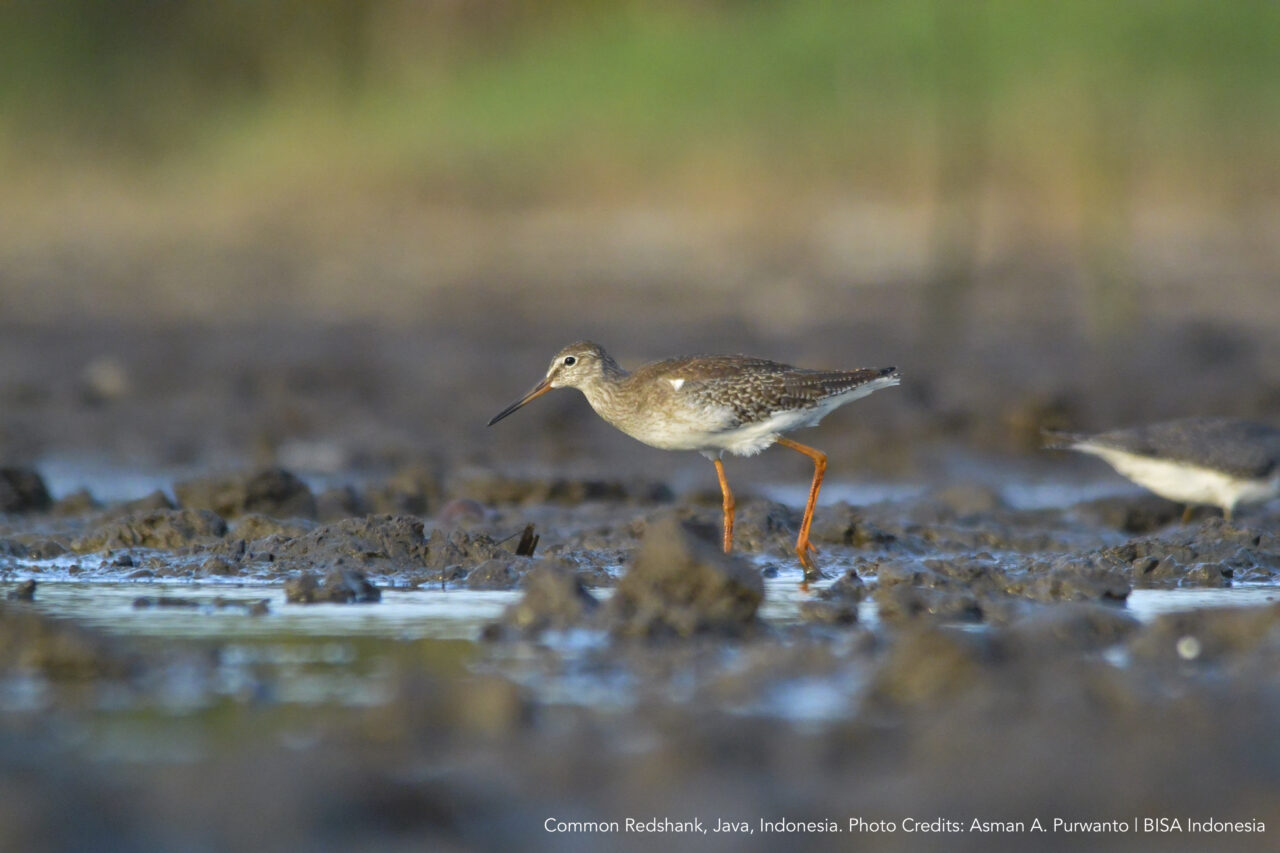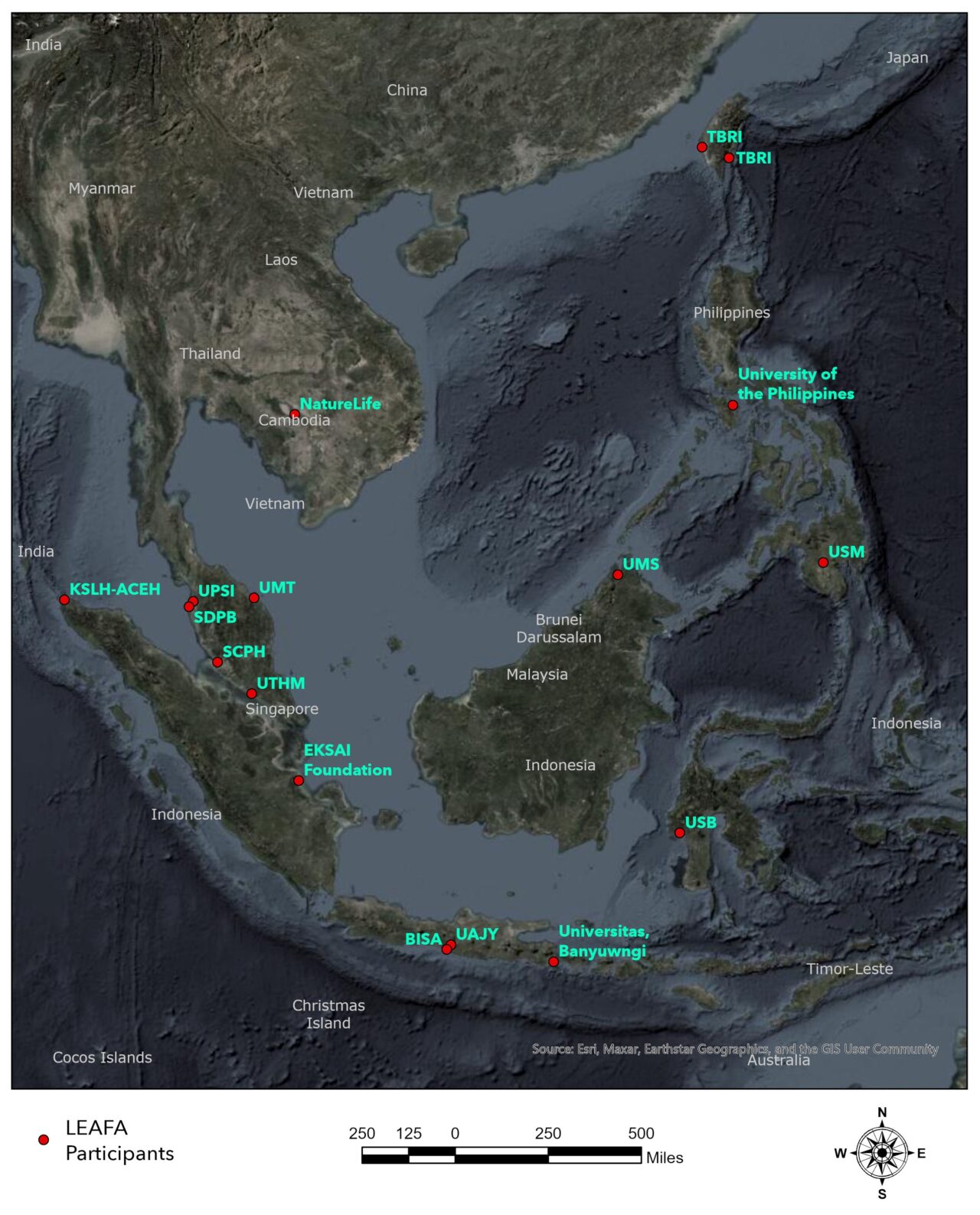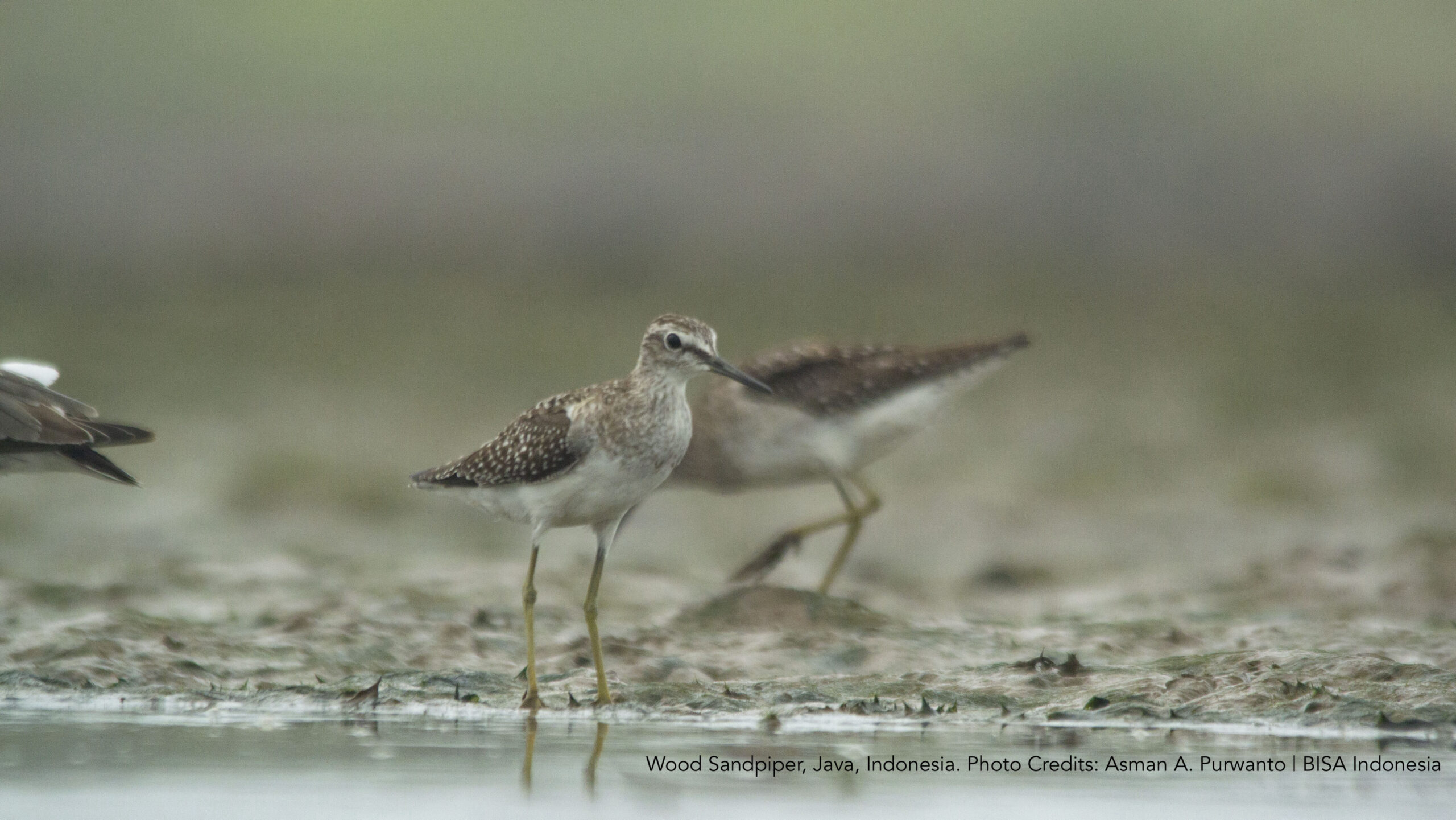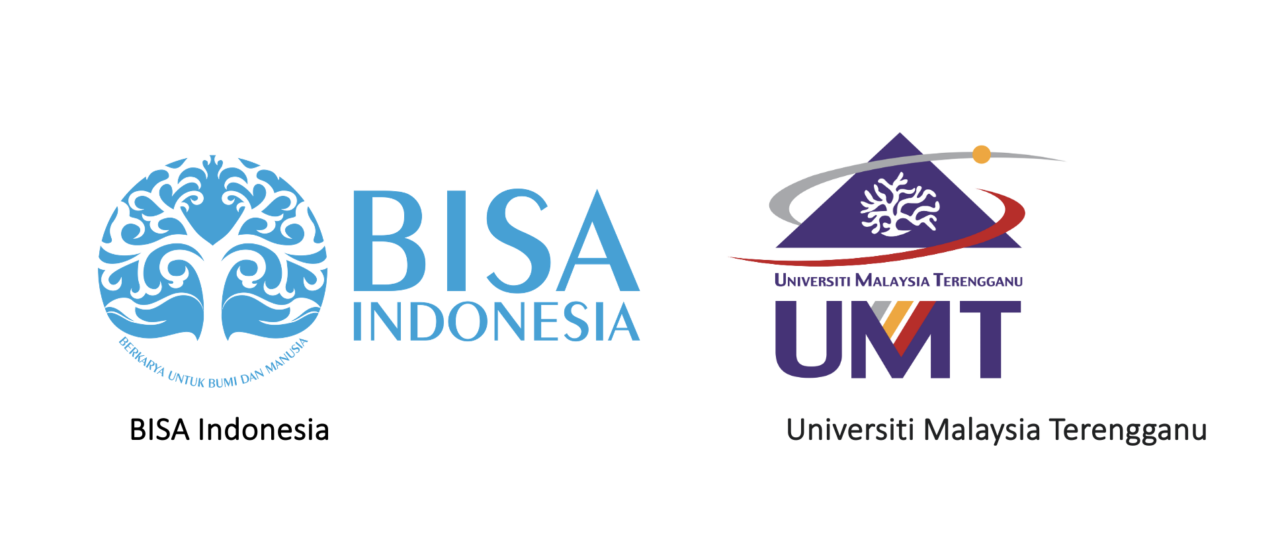Locally-led East Asian Flyway Acoustics (LEAFA) Program

Locally-led bioacoustics research initiative for a regional scale impact for migratory birds.
-LEAFA Team
A Shared Vision
The East Asian-Australasian Flyway (EAF) is one of the world’s most diverse bird migration routes, but it contains many threatened or endangered species due to the synergistic pressures of poaching and habitat loss. There are major knowledge gaps about the basic ecology of birds in the EAF, as well as the key threats and causes of decline; these threats will be exacerbated by climate change. Recent advances in both acoustic recording technology and deep learning for automated detection of bird calls has improved our ability to monitor migratory birds. However, the bias towards temperate, North American bird species means that these tools are not as effective or accessible for conservationists in Southeast Asia.

The purpose of the Locally led East Asian Flyway Acoustics (LEAFA) Migratory Program is to establish a regional conservation program of migratory birds in the EAF through a participatory research framework. Through the LEAFA program, we are laying the groundwork to build a robust regional network for acoustic monitoring of migratory species. We are working to develop standardized acoustic monitoring protocols and best practices, evaluate and improve the performance of automated detection approaches for migratory species in the EAF, and meaningfully engage with local communities.
Goals and Objectives of the Project:
To fill the knowledge gaps in non-breeding grounds of the EAF, we have initiated a co-developed, multidisciplinary, and innovative project that leverages the local expertise of our network of conservation practitioners in Indonesia, Malaysia, and beyond. We are currently recruiting teams to collaborate on the project. Our specific objectives are:
- To co-develop a research plan, an acoustic monitoring protocol, and specific conservation objectives related to migratory birds in the EAF.
- To create a robust set of acoustic training data of Southeast Asian migratory bird species to improve automated detection and classification models (e.g., BirdNet).
- To use the data and proof of concept developed in this project to apply for larger funding sources that can help support long-term locally-led monitoring within the EAF.

Map of LEAFA Partner Research Sites
Expectations of participants (program will run from December 2023- December 2024):
- Attend monthly virtual meetings to develop a research plan, study design, sampling protocol, and plan for write-up and dissemination.
- Deploy and maintain autonomous recording units on the mutually decided sampling schedule. This deployment can be at your field site or in your backyard.
- Agree to archive and share data according to the agreement created by practitioners at the start of the project.
- Contribute to writing and creation of scientific outputs and outreach materials related to the project and the findings.


Benefits of participating in the program:
- Receive 2-3 AudioMoth recorders (https://www.openacousticdevices.info/audiomoth), SD cards and batteries.
- Be part of a regional network of practitioners that are passionate about conservation and birds.
- After successful completion of the project participants will receive a certificate of completion.
Our Partners


Acknowledgements: Funding for this project comes with generous support from the Cornell Lab of Ornithology through the H. Elliot McClure Fund for the Research and Conservation of Birds in Asia.



